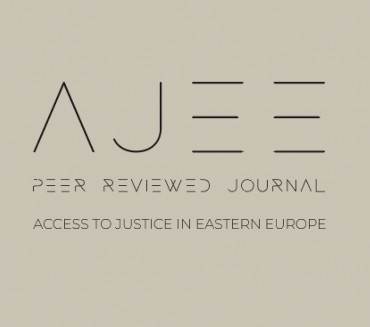Summary: – 1. Introduction. – 2. AI v. Arbitrator. – 3. The Admissibility of Evidence in International Arbitration. – 3.1. General Framework of the Admissibility of Evidence in International Arbitration. – 3.2. The Admissibility of the Written Witness Testimony. – 4. The Stricter Approach towards the Admissibility of Evidence in International Arbitration. – 4.1. Problems related to the Status Quo of the Admissibility of Written Witness Testimony. – 4.2. The Stricter Approach towards the Admissibility of Written Witness Testimony. – 5. Conclusions.
Background: The present article was prompted by the growing influence of artificial intelligence in international arbitration. Artificial intelligence poses a challenge to the arbitration market since its advantages make it inevitable that in the future, it will take over some of the arbitrator’s fact-finding functions. Accordingly, the question arises as to how arbitrators can improve fact-finding and, consequently, maintain their demand in the arbitration market. This article analyses in detail one of the alternatives for such an improvement – a stricter application of the rule on the admissibility of written witness testimony.
Objects: The article sets out the following objectives: (1) to uncover why artificial intelligence could be considered a better fact-finder than the arbitrator; (2) to identify how arbitrators apply the rule on the admissibility of written witness testimony in international arbitration proceedings; (3) to justify a different application of the latter admissibility rule that both improves the quality of fact-finding and, accordingly, allows arbitrators to keep pace with artificial intelligence.
Methods: The article is grounded in the doctrinal legal research method since it will examine three legal sources: 1) the widely applicable IBA Rules on the Taking of Evidence in International Arbitration; 2) the arbitral tribunal’s awards; (3) legal scholarship. The research additionally uses an economic analysis of law as well as an interdisciplinary approach, which reveals certain psychological phenomena related to decision-making in arbitration.
Results and Conclusions: The application of the rule of admissibility of written testimony of a witness in international arbitration leads to various negative consequences in the fact-finding process. For arbitrators to keep pace with artificial intelligence in the fact-finding process and increase their demand in the arbitration market, it is necessary to adopt a stricter approach to the latter admissibility rule. This approach leads to the exclusion rather than the evaluation of written witness testimony in international arbitration proceedings.

